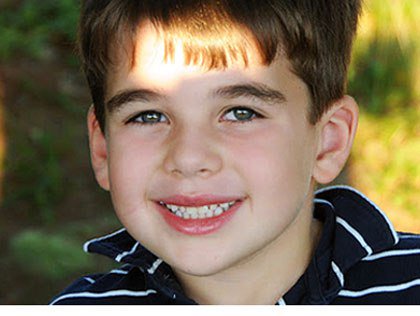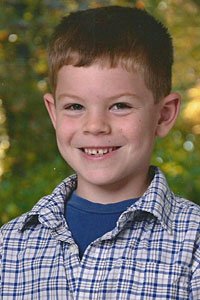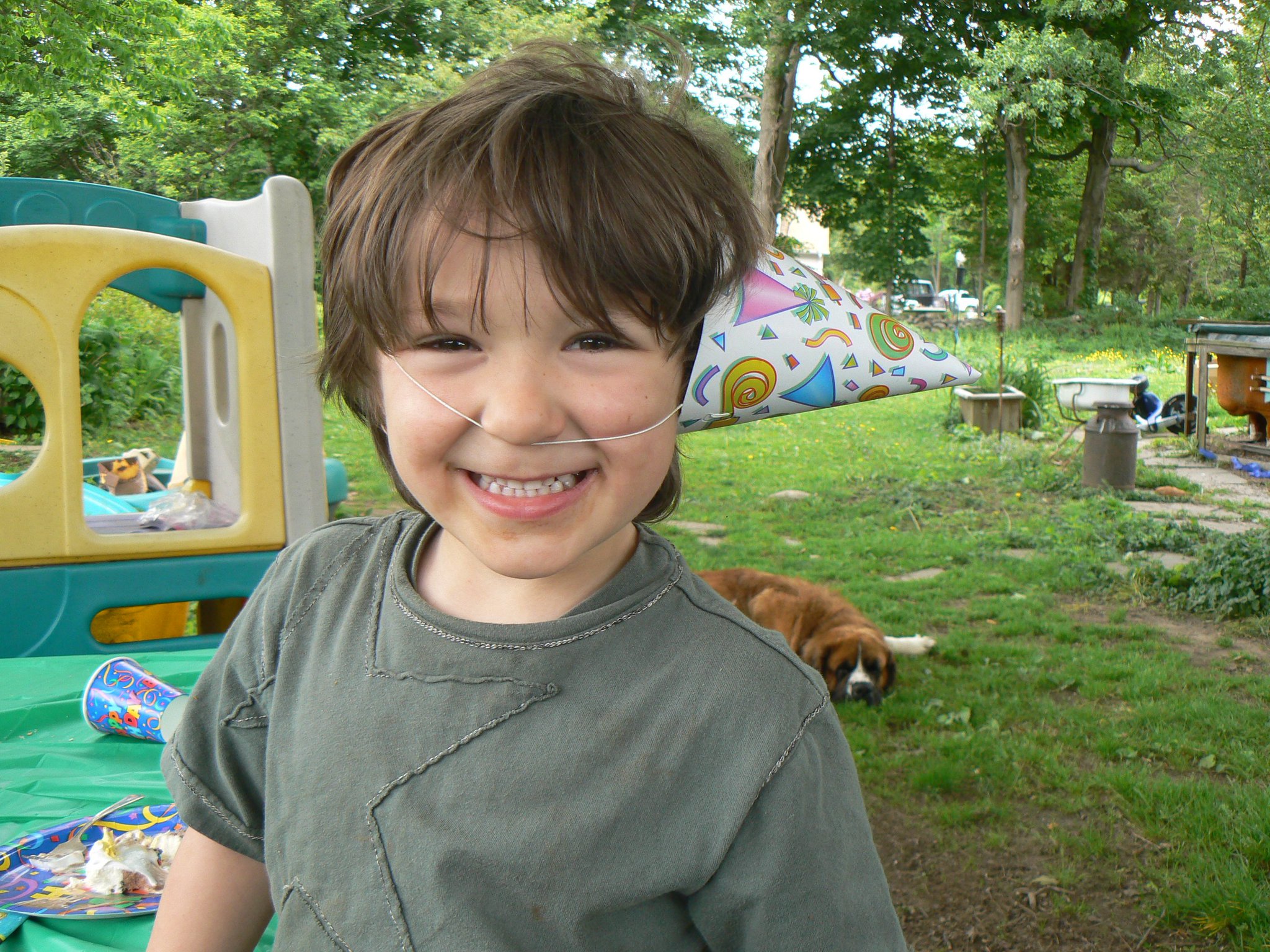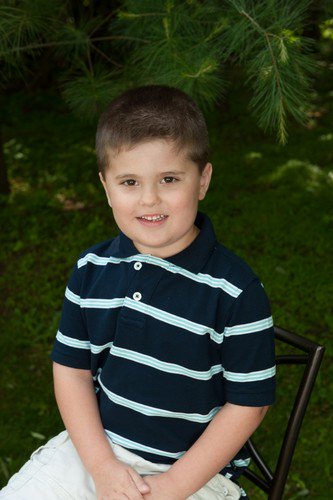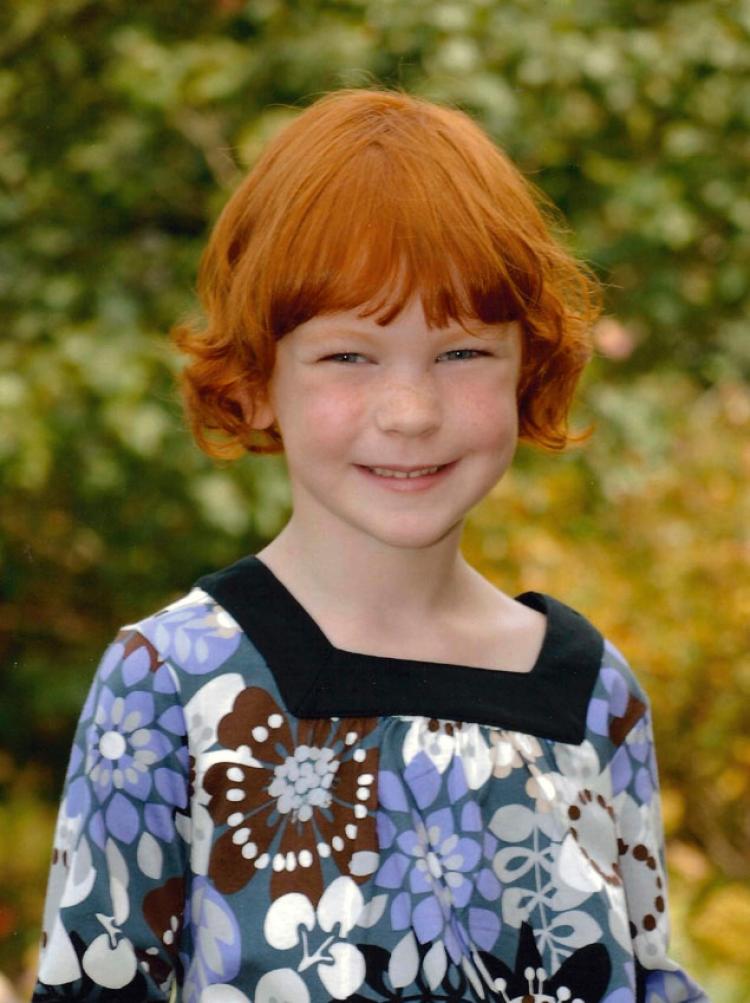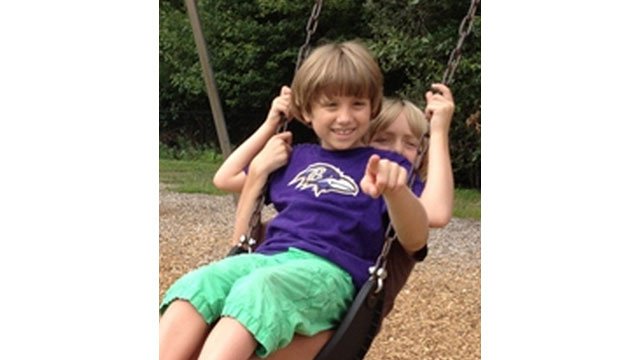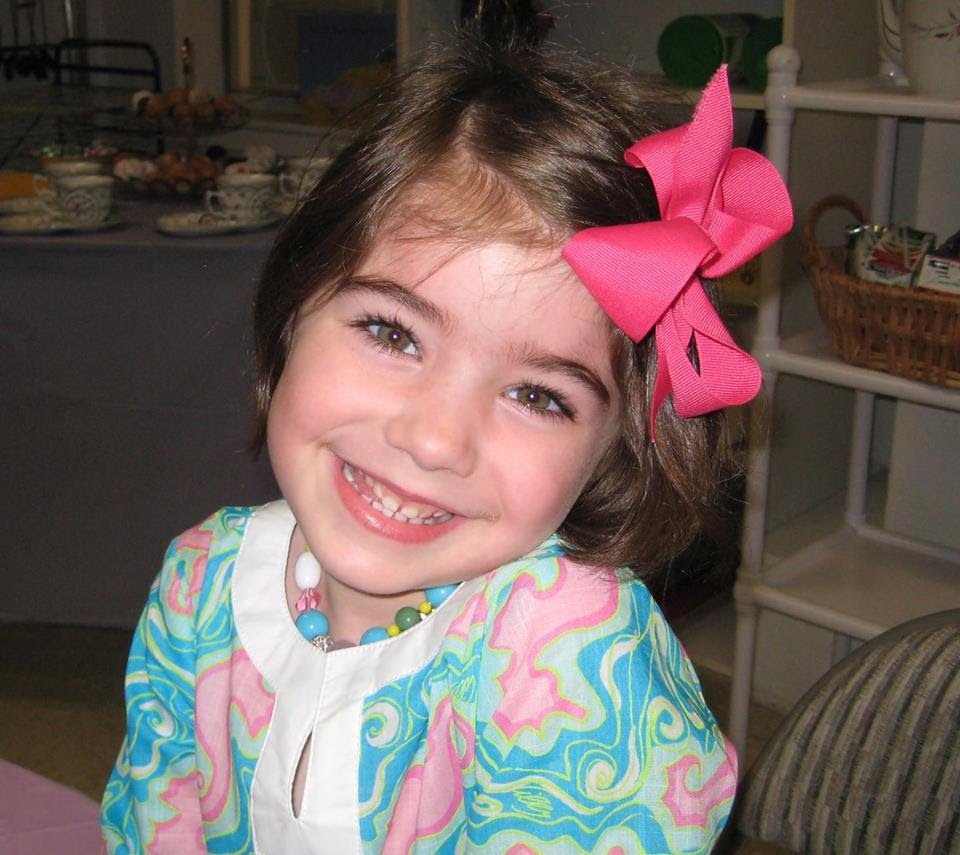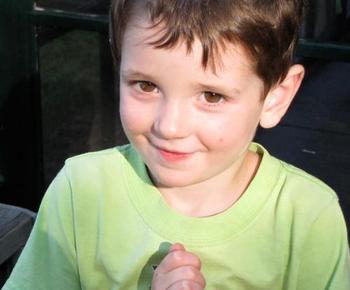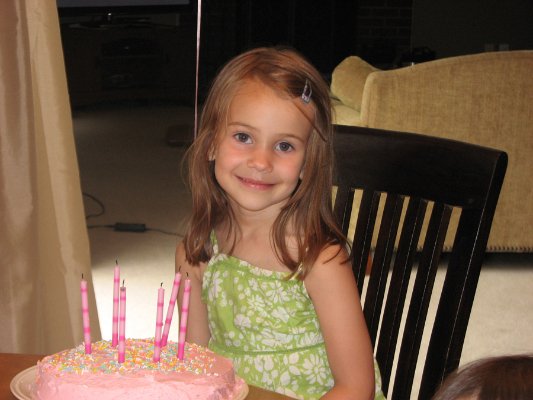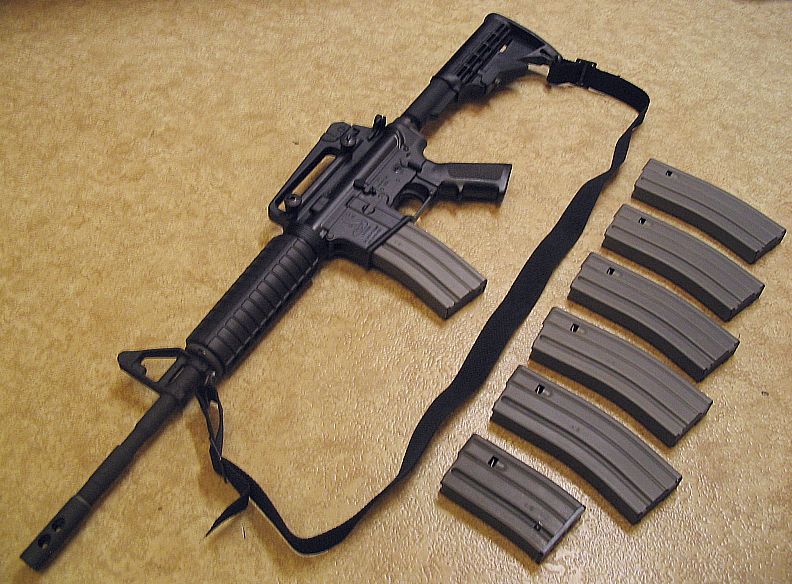Last month marked the five year anniversary of the shooting at Sandy Hook elementary school in Newtown, Connecticut. Newtown has become a word loaded with political implications. Gun control, left vs right, state's rights, 2nd Amendment rights, NRA, concealed carry laws, assault rifles, semi-automatic, ammunition limits, etc etc. Time passes and the word
Newtown is sheared of any connection to real life events. It becomes something abstract and conceptual, a nagging insolvable that one wearies of wrestling with and so we quietly put it to rest, close the lid, forget the events that gave meaning to the word. We allow a word to function as a signifier for vague gauzy notions. It stops being an actual place. It loses its link with the living. Newtown means
tragic. Newtown means
aberrational horror. Newtown means
unpredictable and
unpreventable. Newtown is in the past. Newtown. Newtown was. Never again, we promise. Remember Newtown. Newtown was a thing that happened. Newtown becomes a word one uses to signal one's political stance, a cultural projection, a transparent bravado. Newtown was a moment for collective outrage. Newtown Newtown Newtown.
If you say a word over and over it starts to lose its function as language, as signifier of a particular meaning. Newtown. Look. Newtown. Say it again. Say it one more time. Mourn for Newtown. A time when, all too briefly, we came together to express our thoughts and prayers for the victims. Millions of good intentions and earnest entreaties released into a quiet void by decent, hard working [patriotic Americans.
We say "thoughts and prayers" a lot now, in this age of social media and 24 hour news cycles. This is how a modern man or woman communicates an identification with social norms. With each new horror, whether mass shooting or terrorist attack, we post to Facebook or pin Tweets expressing our solidarity.
Look at me, we seem to be saying, look at me identifying with a collective moral outrage. Look at me as I mark my spot on the moral continuum. I am just as appalled as all of you. But now is not the time for public debate, for a national reconsideration of current gun policy. That would be tacky and gauche. It is enough to express our thoughts and our prayers. And those thoughts and prayers are cast into the ether like spells, like magical incantations that, deep down, we know do nothing at all. Because for thousands and thousands of years, when we are afraid, when we feel utterly powerless to change anything, mankind has resorted to the transmission of thoughts and prayers. Divine intervention and supplications. When overcome with fear, when the darkness blots out all forms of light, we have always been an animal that bows its head and prays to be saved by abstract higher powers.
It is worth re-visiting what Newtown actually meant on a particular day. To get beyond the abstractions and review the tangible actuality of a day in the life of America. On December 14th, 2012 a disturbed young man killed his mother and then broke into Sandy Hook elementary school, the same school he had once attended as a child, and there proceeded to execute 20 children and 6 adults. Before he could be apprehended he committed suicide by putting a bullet inside his own skull. The children were all either 6 or 7 years old. Some were hiding under desks or in bathrooms when murdered. The carnage lasted about ten minutes. Within ten minutes 20 children were dead. These were not mythical deaths like Achilles or Hector or Iphigenia, mere stories to tell future generations, symbols of man's eternal unsolvability. These were real live children, suddenly gone silent forever. It's worth re-visiting these children. Looking at them. Remembering them not as abstractions but as sentient beings, as living flesh.
This was Daniel Barden:
This was Charlotte Bacon:
This was Noah Pozner:
This was Jack Pinto:
This was Jesse Lewis:
This was Grace McDonnell:
This was Jessica Rekos:
This was Ana Grace Marquez-Greene:
This was Madeleine Hsu:
This was Olivia Engel:
This was James Mattioli:
This was Chase Kowalski:
This was Catherine Hubbard:
This was Josephine Gay:
This was Emilie Parker:
This was Caroline Previdi:
This was Avielle Richman:
This was Ben Wheeler:
This was Allison Wyatt:
This was Dylan Hockley:
Others killed that day included Rachel D'Avino, Dawn Hochsprung, Anne Marie Murphy, Lauren Rousseau, Mary Sherlach, and Victoria Leigh Soto.
The perpetrator had arrived at the school with a .223 caliber Bushmaster XM-15 ES2 rifle, 10mm Glock 20SF semi-automatic handgun, and a 9mm SIG Sauer P226 handgun. Within the span of 5-10 minutes he had squeezed off 156 rounds.
This is what a Bushmaster XM-15 semi-automatic rifle looks like:
It belonged to the shooter's mother. It had been purchased legally. All the paperwork was in order. This was a legally owned, legitimately possessed semi-automatic firearm belonging to an American adult in a small city in random Connecticut.
Since then, 3 of the 5 deadliest mass shootings in American history have occurred. In Sutherland Springs, 26 people were killed by a lone gunman who opened fire inside a small church with a semi-automatic AR-15 style rifle. In Orlando, a lone gunman opened fire in a crowded nightclub wth a SIG Sauer MCX semi-automatic rifle and killed 49 people. This past October, a lone shooter set up a sniper's perch in a Las Vegas hotel with an arsenal of weaponry and unleashed a hail of bullets on a crowd of people attending an outdoor country music concert, killing 58 and wounding over 500.
But those are just the mass shootings, an extraordinarily rare event. The vast majority of firearms-related deaths are not mass shootings. Most never make the front page of a local newspaper, let alone go viral on social media. Firearms cause 30,000-35,000 deaths every year in the United States. Two-thirds of these deaths are from self inflicted gunshot wounds. Another 8,000-11,000 homicides are the direct result of firearms.
Compared to other wealthy developed countries, the United States is far and away the most violent country on earth in terms of firearms-related deaths. There are also, surely a coincidence, more firearms per capita in America than any other country on earth.
A paper in the
American Journal of Medicine from last March studied the epidemic of firearms-related deaths in the United States compared to other high-income OECD countries. The data was rather chilling:
The United States has an enormous firearm problem compared with other high-income countries. Americans are 10 times more likely to die as a result of a firearm compared with residents of these other high-income countries. In the United States, the firearm homicide rate is 25 times higher, the firearm suicide rate is 8 times higher, and the unintentional gun death rate is more than 6 times higher. Of all firearm deaths in all these countries, more than 80% occur in the United States.
The United States has a serious homicide problem. The overall homicide rate in the United States is 7 times higher than in these other countries. Men in the United States are approximately 9 times more likely to be a homicide victim than their male counterparts in these other high-income countries, and women are 4 times more likely to be a homicide victim than women in these other countries. The homicide rate is fueled by the firearm homicide rate in the United States. More than two thirds of the homicides in the United States are firearm homicides; by contrast, firearm homicide accounts for less than 20% of homicides in the other high-income countries.
But hey, what is data? What are numbers in a world of real bullets and bump stocks and drones and cluster bombs? Figures on a page. Tangentials. Binomial functions. Asymptotes verging in the infinite distance. Numbers become abstractions. Like thoughts and prayers.
Somewhere in Newtown, a classroom full of boys and girls are now reduced to thoughts in the dark recesses of the minds of grieving parents. Ghostly recipients of prayers whispered by the living in the sleepless nights and lonesome dawns. Prayers hoping to collide with little thoughts in the netherworld of inexplicable loss. We all reach for our children in the night when awakened by the ancient fear, clutching for their warm bodies, their pale faces, their smallness beneath the covers; but for too many their trembling fingers find only the cold steel thoughtlessness of a gun. And our prayers stutter to a halt, become wordless.


